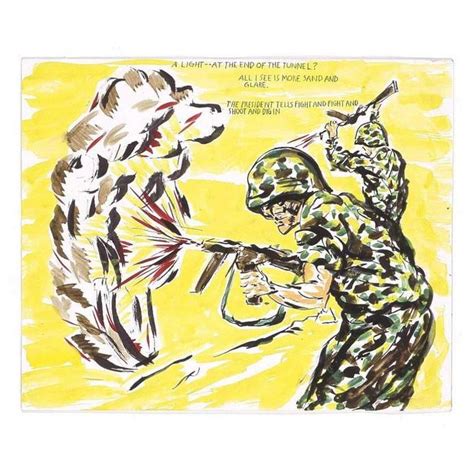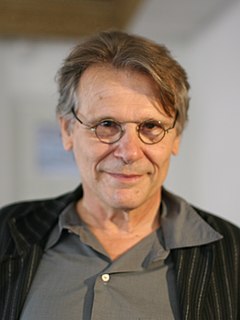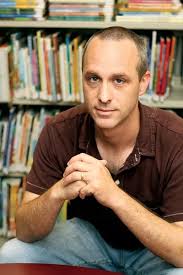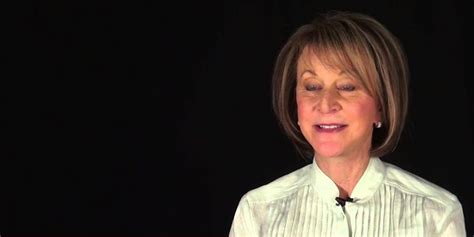A Quote by Raymond Pettibon
There are instances where lines in my work are borrowed or stolen from sources, mainly from books, or they become my own versions. A lot of the writing is my own, too. But if someone were to take each drawing and trace it back to its source, most of them could be traced back to a book or a text.
Related Quotes
It's a hard thing to examine and difficult to speak for other writers, but when I look at my own writing there is often too much reticence. And that's a flaw I have as a person as well. I'm too reticent. I'm non-confrontational to a fault. And I'm risk-averse, which probably shows in my sentences. The aversion to long lines, the tendency to strip things back and be spare. My writing is an act of erasure that's tied up with my personality. I can easily produce a ninety thousand word chunk of writing and then cut back and back until I've only got ten thousand words. Or nothing.
You learn so much with each book, but it's what you teach yourself by writing your own books and by reading good books written by other people - that's the key. You don't want to worry too much about other people's responses to your work, not during the writing and not after. You just need to read and write, and keep going.
If I were poet now, I would not resist the temptation to trace my life back through the delicate shadows of my childhood to the precious and sheltered sources of my earliest memories. But these possessions are far too dear and sacred for the person I now am to spoil for myself. All there is to say of my childhood is that it was good and happy. I was given the freedom to discover my own inclinations and talents, to fashion my inmost pleasures and sorrows myself and to regard the future not as an alien higher power but as the hope and product of my own strength.
You don't want to become guilty of plagiarism by letting someone else's words get inadvertently mixed in with your own. If you do feel the need to paste in a block of research while you're writing, be sure to highlight the copied text in a different color so you can go back and remove or rewrite it entirely later.
Once a book falls into our possession, it is ours, the same way children lay their claim: 'That's my book.' As if it were organically part of them. That must be why we have so much trouble returning borrowed books. It's not exactly theft (of course not, we're not thieves, what are you implying?); it's simply a slippage in ownership or, better still, a transfer of substance. That which belonged to someone else becomes mine when I look at it. And if I like what I read, naturally I'll have difficulty giving it back.
My books are based on the "what if" principle. "What if you became invisible?" or "What if you did change into your mother for one day?" I then take it from there. Each book takes several months in the long process of writing, rewriting, writing, rewriting, and each has its own set of problems. The one thing I dislike about the writing process is the sometimes-loneliness of it all. Readers only get to see the glamour part of a bound book, not some of the agonizing moments one has while constructing it.
He glanced back at the wall. How like a mirror, too, her face. Impossible; for how many people did you know who reflected your own light to you? People were more often--he searched for a simile, found one in his work--torches, blazing away until they whiffed out. How rarely did other people's faces take of you and throw back to you your own expression, your own innermost trembling thought?
In the candle's flickering light, the library's thousands of books emerged from the shadows, and for a moment Nicholas could not help admiring them again. During free time he had almost never looked up from the pages he was reading, but now he saw the books anew, from without rather than from within, and was reminded of how beautiful they were simply as objects. The geometrical wonder of them all, each book on its own and all the books together, row upon row, the infinite patterns and possibilities they presented. They were truly lovely.








































